![How Do You Slay A Dragon [A Manual for Start-Up Revolutionaries] How Do You Slay A Dragon [A Manual for Start-Up Revolutionaries]](https://www.rulit.me/data/programs/images/how-do-you-slay-a-dragon-a-manual-for-start-up-revolutionari_742755.jpg)
Аннотация
How Do You Slay a Dragon?
Foreword, by Stephen Dalziel
Right at the start of this book, I had a great surprise. I know Mikhail Khodorkovsky’s story well. I reported for the BBC on his rise to prominence in the YUKOS oil company, his disputes with the newly-elected Russian President, Vladimir Putin, in the first years of the twenty-first century, and his arrest on trumped-up charges in October 2003 and subsequent imprisonment. Four days after his arrest I was due to have a meeting with him in Moscow. Instead, a meeting was arranged with a representative of the Russian Prosecutor’s Office to explain the arrest. The trial hadn’t yet begun. But the outcome was already evident.
So when I was asked to translate this book, I thought I had a pretty good idea of what Khodorkovsky’s attitude would be to Putin. But then came the surprise. “Putin…sent me down, thus depriving me and my family of ten years of my life; yet he also saved my life,” Khodorkovsky writes, adding, “He could have killed me, but he didn’t. He could have left me to rot in jail, but he didn’t. I haven’t forgotten this.”
My interest was piqued. This man who was locked away for ten years in what was still, effectively, the Gulag, was not declaring that he was out for revenge on the man who put him there; he hadn’t forgotten that the same man released him. This balanced view set the tenor of this book.
Khodorkovsky is one of the most astute observers of today’s Russia. He’s known the best and the worst of the country. He’s discussed the country’s future with Putin himself, and with fellow inmates in prison. And like many Russians who now live abroad, he longs for the day when he can return to his country; when it’s a free, democratic country. He is a true Russian patriot.
Patriot is a much-abused word these days. Many virulent Russian nationalists cloak themselves in it to try to disguise their nationalism. The best definition of these terms I have ever come across was from the brilliant Russian Academician, Dmitry Likhachev, whom I met in 1989. “A patriot,” he told me, “loves their own country and respects others. A nationalist loves their country – and hates other peoples’.”
Khodorkovsky’s patriotism doesn’t cloud his view of modern Russia, nor its often troubled history. He wasn’t wearing rose-tinted spectacles when he wrote this book. Point by point he examines the opposite sides of what is happening in Russia now and what could happen in the future. He starts from the obvious – though often unconsidered – reality that whatever is happening in and with Putin’s Russia, there will be a post-Putin period. Putin may be in his seventies, but he’s not immortal.
Khodorkovsky has a deep appreciation of the cyclical nature of Russian history. A revolution against an autocracy has produced…another autocracy…followed by another revolution…followed… If Russia is to find its place as a contributor to global civilisation as it is capable of doing, then this vicious circle has to be broken.
I reported on and from Russia from the latter years of the Soviet Union, through the often crazy ’nineties, and finally on Putin’s first term. I saw people’s hopes rise and fall more than once. But by the time I left the BBC in 2004 I could already see that the wheel was coming full circle again, and some aspects of life once again resembled Soviet times.
The author of this work considers what happened in those times and what’s happened since. He acknowledges the mistakes that have been made – not just by the authorities, but by society as a whole – and sets a radical programme to try to prevent, as the Russians say, “the same rakes being trodden on again”.
This is not just another book about Russia’s history. Some may consider it as political science; others as a manifesto for true Russian democrats. In some ways it is both. But first and foremost I would describe it as a work of practical philosophy. Why? The clue is in the title of the final chapter: “The Moral Choice: Justice or Mercy?”
This shows that the book, too, is a circle – but not a vicious one. By making “mercy” a key element of his plan for the future Russia, Khodorkovsky is underlining what could be the breakthrough moment to take Russia forward to being a genuinely free, democratic and modern state. And it also shows how he can say that, despite spending ten years in Russian prisons, his account with Putin is settled.
October 2022

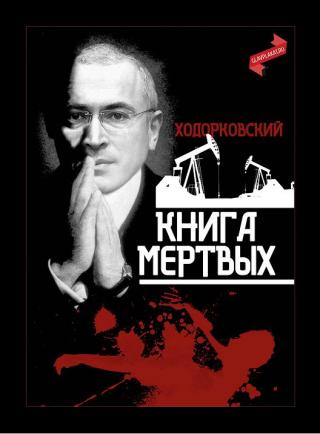
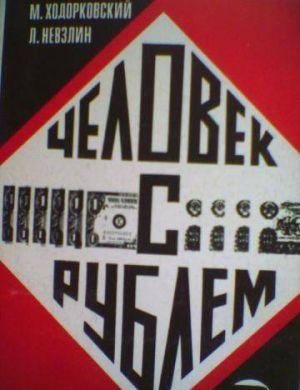
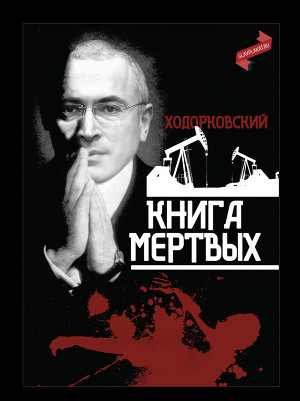
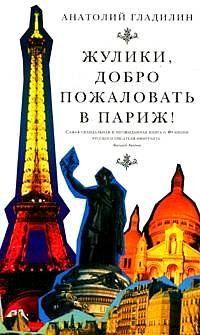
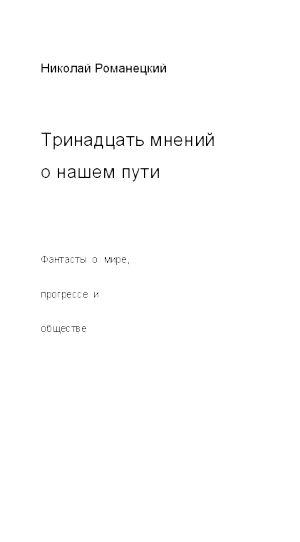
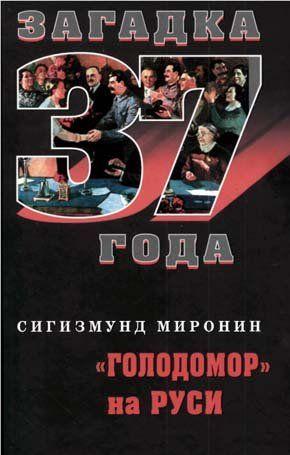
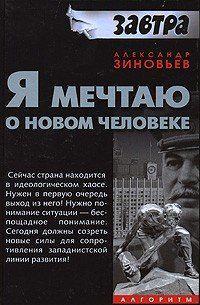
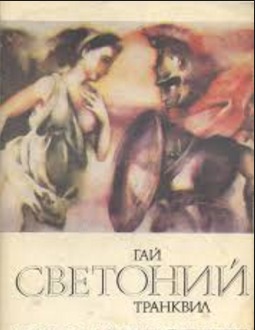
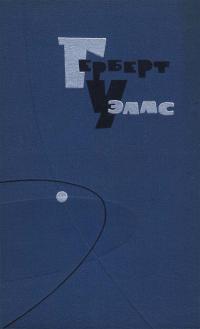
Комментарии к книге "How Do You Slay A Dragon [A Manual for Start-Up Revolutionaries]"